When you need a boost of energy but don’t want to rely on sugar and caffeine, do you ever feel like you’re dragging? Our energy levels throughout the day can be significantly influenced by the foods we eat. I’m frequently asked as a nutritionist what meals can provide me with a steady, natural energy boost. Good news! You might already be able to find foods that can help you feel more energized!
These are seven typical solutions to help you feel more energized all day long:
1. The banana
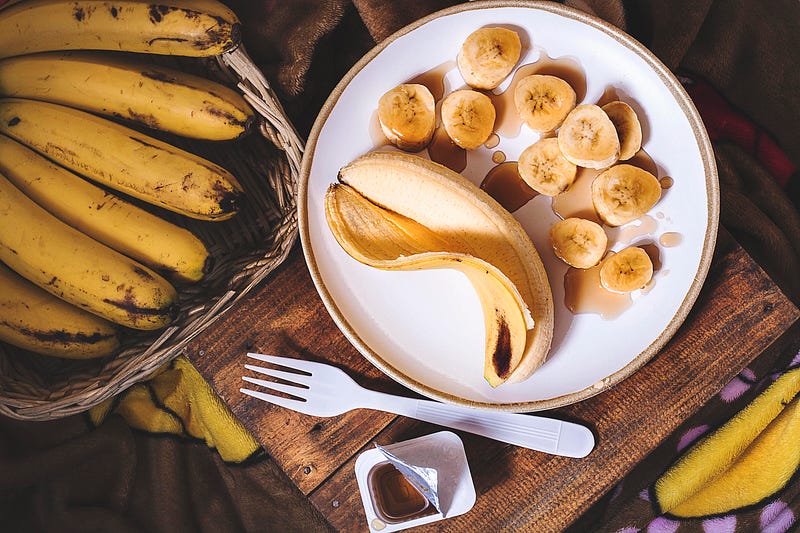
Key nutrients that your body needs for energy are abundant in bananas. A medium banana has roughly 110 calories and is a good source of fiber, potassium, magnesium, and vitamin B6. Potassium promotes healthy fluid equilibrium in the body, which supports muscle and neuron function. It takes magnesium to transform food into energy. Vitamin B6 facilitates the body’s effective metabolism and utilization of proteins, lipids, and carbs as fuel. Additionally, the fiber prolongs your post-meal feeling of fullness.
Try to have a banana as part of a balanced meal, as a snack, or as a smoothie. The natural sugars will give you a sustained energy boost.
2. Oatmeal
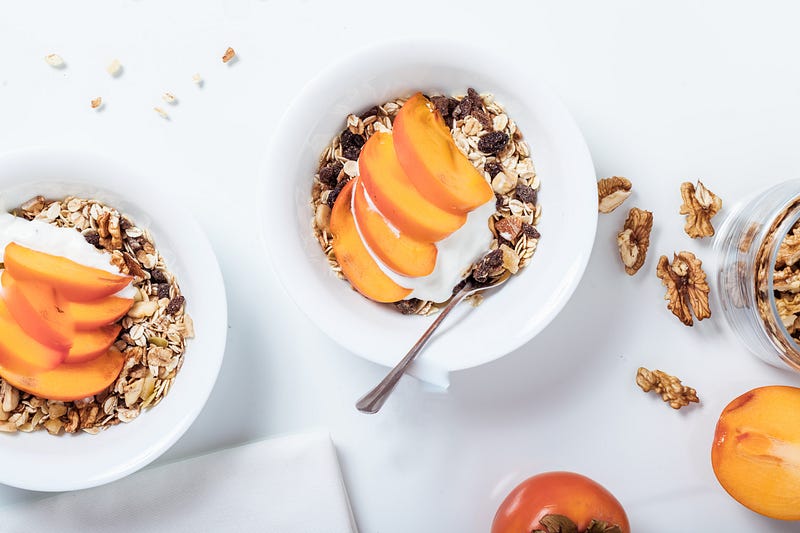
Oatmeal is a great way to start the day and provide hours of energy. Complex carbs, which are abundant in oats, release glucose gradually and steadily, as opposed to abruptly causing a crash. In order to keep you feeling full, they also include fiber.
Because oatmeal has a low glycemic index, it doesn’t cause abrupt changes in blood sugar levels. Fiber, complex carbohydrates, and minerals like zinc, magnesium, and thiamin all provide consistent energy. For added protein, use milk while making oats instead of water. For crunch, healthy fats, and antioxidants, sprinkle some fruit, nuts, or seeds on top.
3. Eggs
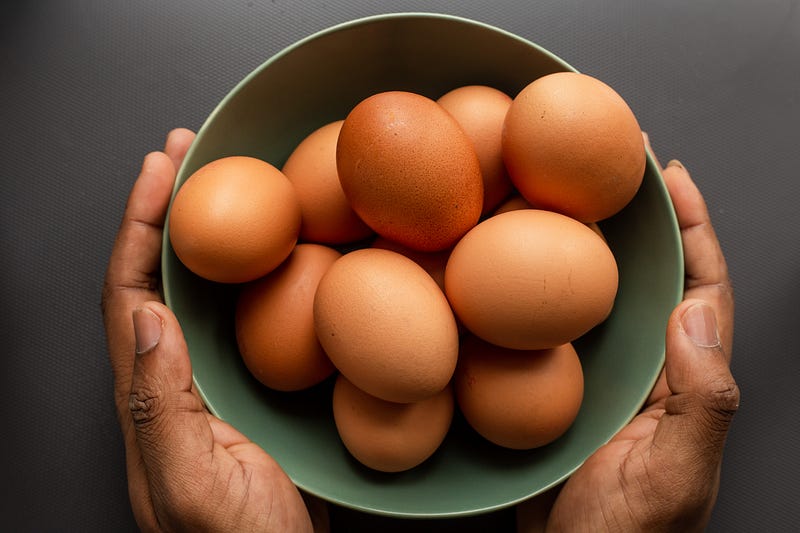
For good reason, eggs are regarded as one of nature’s ideal foods: they are packed with high-quality protein and an array of vitamins and minerals. About 6 grams of protein, iron, folate, selenium, and vitamins A, B12, B2, and B5 can all be found in a single big egg.
Protein provides consistent energy since it digests more slowly than carbs. Iron transports oxygen to cells, which is necessary for the body to produce energy and undertake physical activity. Vitamin B12 facilitates the fuel conversion of meals. Eggs are a powerhouse of energy, to put it simply. Savor them in whatever manner you choose, such as in an omelet or frittata, hard-boiled, or scrambled.
4. Leafy Greens
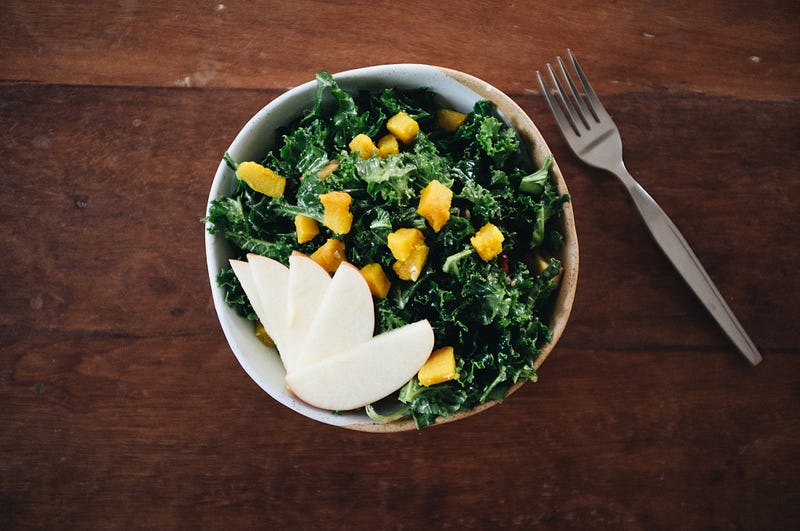
As surprising as it may sound, leafy greens such as broccoli, kale, chard, collards, and spinach can give you more energy. They are low in calories but high in iron, magnesium, potassium, vitamins A, C, E, K, and several B vitamins — all essential for energy production.
Furthermore, leafy greens are an excellent source of folate, a B vitamin that helps build red blood cells and new proteins. Maintaining energy levels throughout the day requires doing this. Sauté greens with garlic and olive oil, combine them into a smoothie or add them to an omelet.
5. Coffee

There’s no denying that coffee gives you a boost of energy. Adenosine is the neurotransmitter that causes feelings of tiredness, and caffeine in coffee blocks it. This effect of stimulation can make you feel more concentrated and awake.
Additionally, coffee has B vitamins like riboflavin and antioxidant phytochemicals that facilitate cells’ energy uptake. In order to avoid blood sugar falls, cut back on the cream and sugar. In order to prevent caffeine from interfering with sleep, avoid consuming coffee too late in the day.
6. Nut butters and nuts
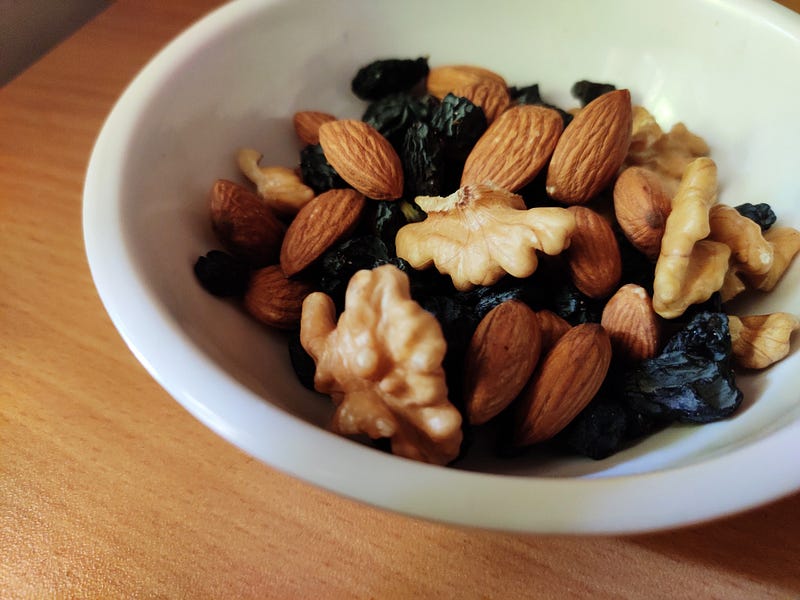
Nuts and nut butter are wholesome sources of good fats and plant-based protein. A tiny handful of raw cashews, almonds, or walnuts can supply magnesium, potassium, iron, B vitamins, fiber, protein, and other nutrients that are filling. These nutrients complement one another to provide long-term energy.
Nut butters that are more concentrated and convenient to grab-and-go, such as peanut butter and almond butter, provide the same advantages. For some natural sugars that will help control energy levels in between meals, pair almonds with a piece of fruit. Alternatively, spread apple slices or whole-grain toast with nut butter.
7. Greek Yogurt
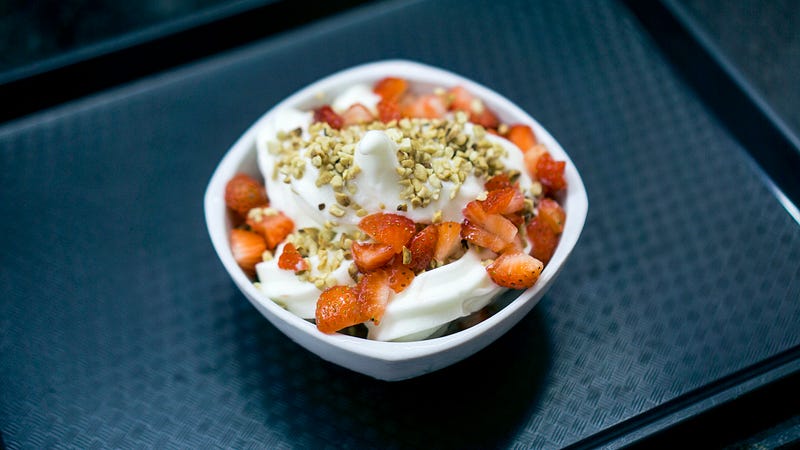
Greek yogurt is a great source of energy for a small meal or snack. It has the three essential nutrients for your body: calcium, protein, and carbs. The protein maintains the energy that the carbohydrates supply initially.
With over 20 grams of protein in a cup, Greek yogurt has more protein than normal yogurt. Calcium has a role in nerve and muscle communication and muscular contraction to maximize energy expenditure during exercise. For the ideal pick-me-up, top your yogurt with nuts and berries or serve it with whole-grain toast.
Conclusion
It takes a balanced diet high in whole, minimally processed foods to keep you energized. Healthy fats, fruits, vegetables, nuts and seeds, lean proteins, complex carbs, and healthy fats all contribute to feeling your best from dawn to dusk. Aim to include more of these seven popular foods that are known to provide energy in your diet for long-lasting, organic stamina.


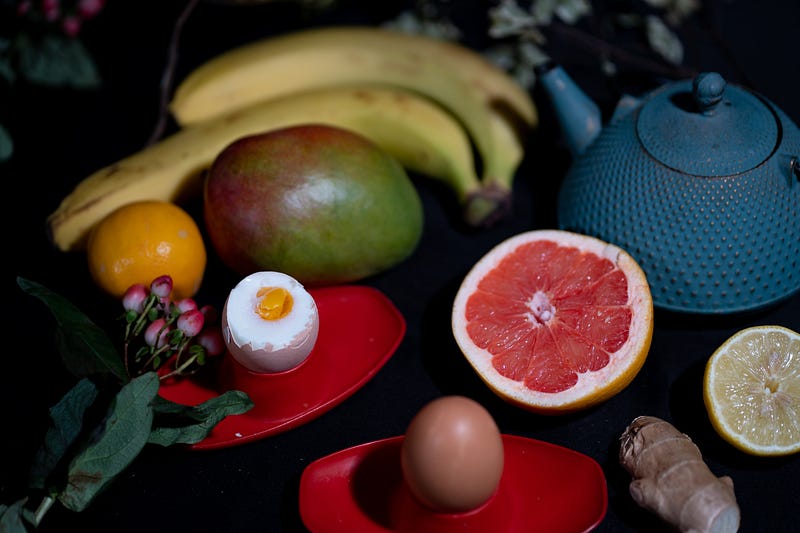
Post a Comment
0Comments